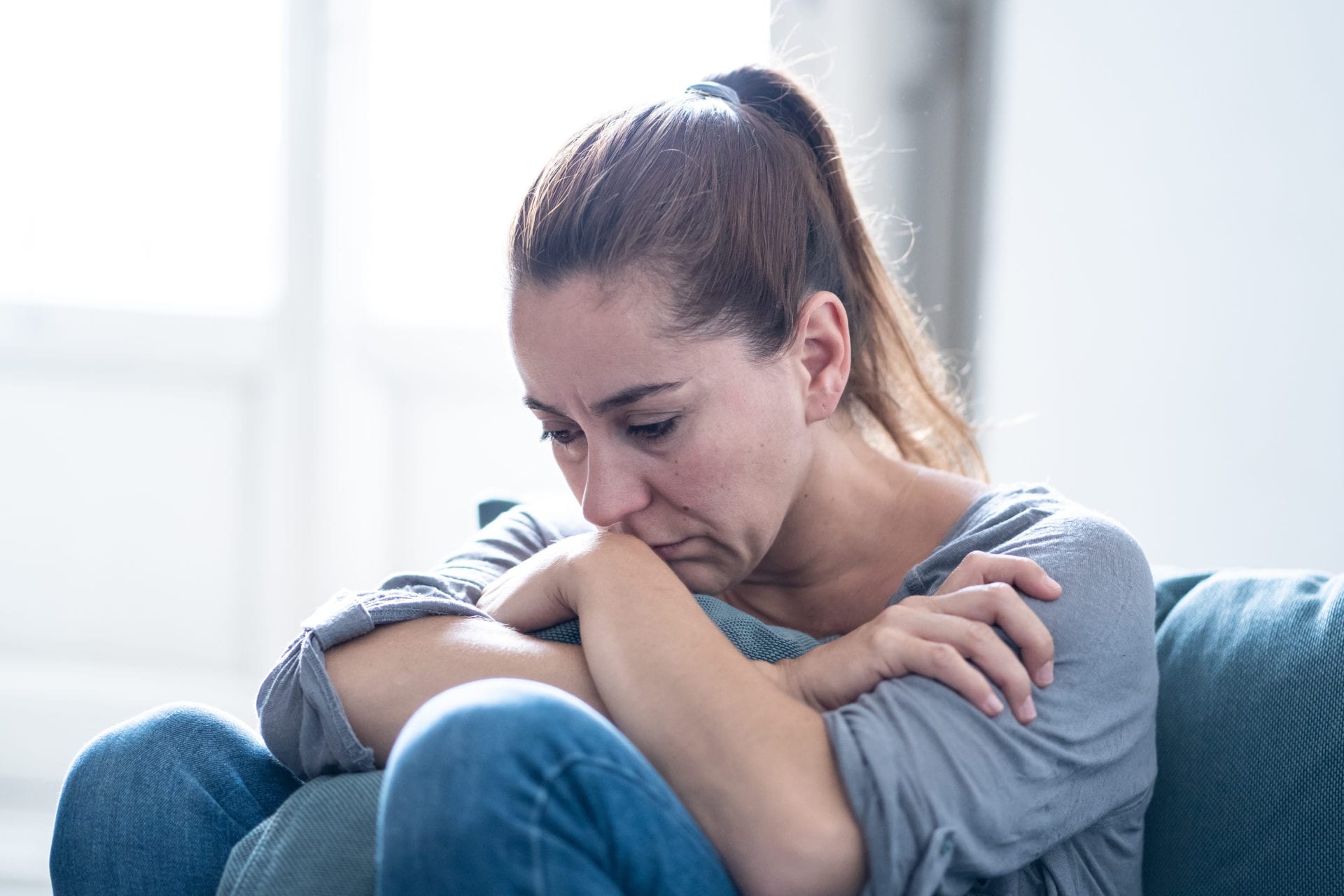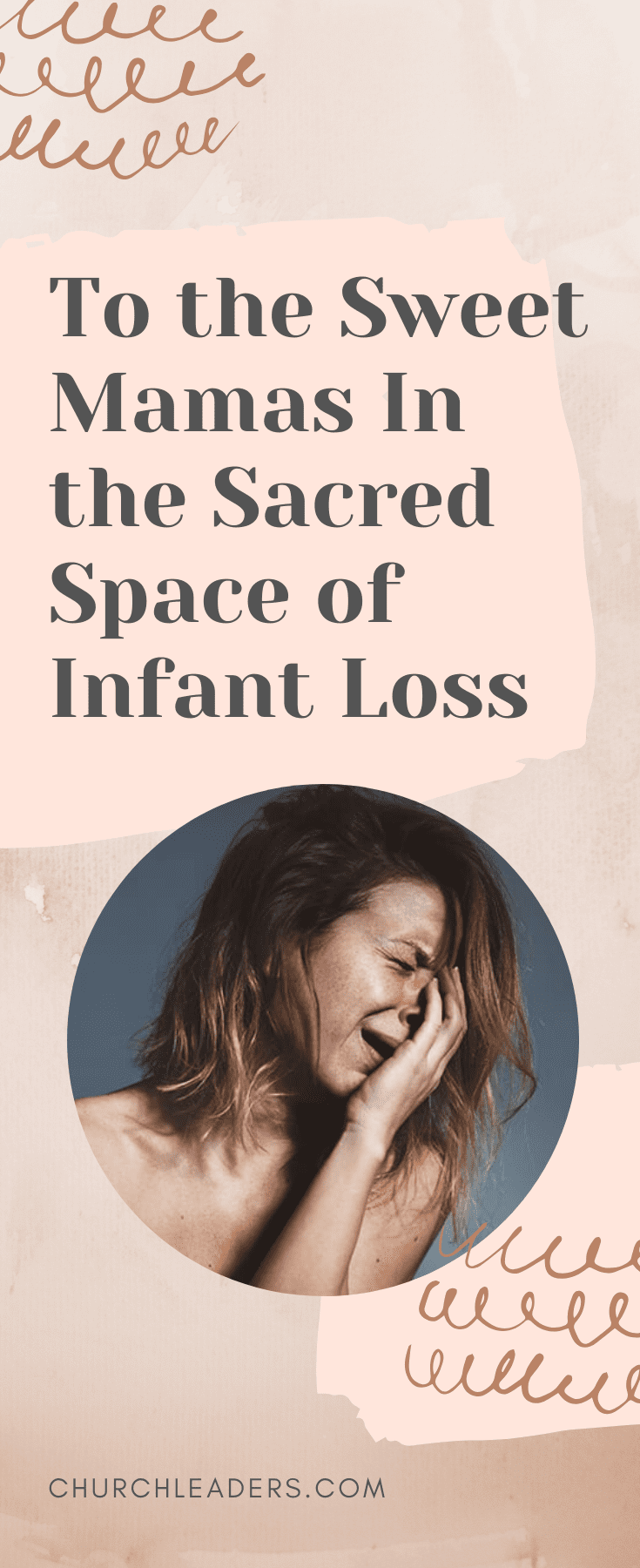The death of a child is quite possibly every parents’ worst fear. Even at reading this line, the very thought, makes us cringe a little and causes our hearts to ache. Some of us can’t even move ourselves to imagine–our minds just can’t go there.
For others of us, we don’t have to imagine because we have lived it. Our worst fear came true. One day life was “normal” and then our reality shifted and suddenly we found ourselves walking through life as though we were lost in a never-ending nightmare. I know. I’ve been there.
We live in a world where we rub shoulders with others in passing, every day, never knowing what pains or burdens those shoulders have carried, not knowing who has lived through a trauma or who is currently walking through a nightmare. Each one of us carries hurts and pains, sacred spaces kept like secrets hidden deep within ourselves, or for some of us, just below our frail surface.
We all carry “other” invisible worlds–or “other” Octobers as I wrote about in my previous post–or these “sacred spaces” that make up who we are, that shape our characters, that alter the course of our lives, that take up significant parts of our stories–that most people know nothing about. We walk through the world and feel invisible because these spaces can be isolating, yet we all cry out to be seen, in one form or another.
For me, infant loss is one of my scared spaces (I wrote a little about that here). Maybe infant loss is a sacred space of yours too, or maybe that’s your best friend’s, or your mom’s, or your sister’s, or your neighbor’s sacred space. I’m sharing more about this sacred space of mine this month because October is Pregnancy and Infant Loss Awareness Month and because I know the number of us who carry this as our sacred space is staggering.
For many bereaved parents, the loss of their child is a great sadness that tries to cloak their lives in darkness, keeping them hidden and isolated from the world. Finding a way to combat this is a challenge. A sacred space involving death makes most of us feel uncomfortable: there’s pain, there’s an awkwardness, and no one likes to occupy those spaces. But we need to sit with each other in them. These spaces need to be brought out into the light and shared for healing and restoration to occur.
If we keep our sacred spaces hidden and invisible to the world around us, they remain in the darkness, and that’s where the enemy wreaks havoc in our lives. When we’re isolated, when we’re experiencing darkness, we are vulnerable to attack, to destruction.
“The thief comes to steal and kill and destroy…” John 10:10
When we allow light to shine in our darkness, especially God’s light, and when we bring our sacred spaces out of from hiding inside of us and expose them to the light by sharing with others, we will find healing and hope and life.
“The light shines in the darkness, and the darkness has not overcome it.” John 1:5
“Again Jesus spoke to the people, saying, ‘I am the light of the world. Whoever follows me will not walk in darkness, but will have the light of life.’” John 8:12
“I have come that they may have life and have it abundantly.” John 10:10b
That’s what those of us raising awareness about this month and October 15th are doing. We can’t remain stuck in the darkness of grief; we must work through it and find a way to live in the light with the children we have lost. We are bravely and vulnerably sharing our sacred spaces. We are bringing one of the darkest times of our lives out into the light.
On October 15th, we want our children to be remembered, and we want our sacred spaces to be known because there are healing and freedom to be found, but this requires stepping forward, doing something scary and risky as we open up our most sacred spaces to those who might not hold them in a sacred way. But we weigh the risks and the rewards, and the rewards of healing and freedom are worth it.
“Numb the dark and you numb the light.” Brené Brown
“Vulnerability is the birthplace of love, belonging, joy, courage, empathy, and creativity. It is the source of hope, empathy, accountability, and authenticity.” Brené Brown
Be careful of setting unspoken expectations and making up stories.
When we’re vulnerable with a painful, fragile part of our lives, we open ourselves up to potentially experiencing more pain. I’ve found that one of the ways in which I was setting myself up for pain in these times of sharing was by holding others to a set of expectations. On remembrance days and other significant dates associated with my sacred space, I desired to be seen by friends, family, the world, and I had these expectations, many of which I was unaware I was even setting, for how I wanted people to respond.
When we have expectations for others and tell ourselves stories, we will often be left with disappointment and frustration and hurt.
Last January, on the 6th anniversary of my daughter’s death, someone very, very close to me spoke nothing of my daughter to me on that day, or that week. I waited and there was never any mention of my her name. I had an unspoken expectation of this person. I expected this person to mention my daughter to me on these sacred dates, and when she didn’t, my heart hurt deeply, and I struggled with my sacred space. Darkness tried to creep back in.
A couple of years ago, a similar incident occurred with my brother in which I had placed a similar, unspoken expectation of mine regarding him remembering my sacred dates and talking to me on those dates about my daughter. When the date came and there was no mention of her name, no reaching out to me, nothing, it devastated me. Not only did I experience disappointment, but I was telling myself a story that he didn’t care anymore, that he’d forgotten, that he was too caught up in his own life to remember this sacred space of mine, and my heart was crushed.
I later reached out and told him how I felt, and I’ll never forget his response. It showed me the error of making up stories because I had told myself a story and the truth was so very different. Not only did he care and did he remember, but he was working through the grief he still carried too, in a different way. I thought he had forgotten when in fact he had actually visited my daughter’s grave, in the cold, in the snow, and left her a tiny, yellow, toy snow plow, just like he does every winter. I didn’t know because he didn’t tell me, and he didn’t tell me because we were and are all grieving differently.
I’ve experienced many frustrating moments over the years as a bereaved mother. Frustrated with feeling like no one understands. Frustrated with feeling like I’m walking alone. Frustrated with people speaking insensitively. Frustrated with feeling like I have to carry my space alone. Frustrated with wanting others to know about my child and this part of my story, but not wanting to experience the pain or awkwardness that comes along with it. Frustrated with how others handled my sacred space. Frustrated with being judged. Frustrated with how no one called or no one mentioned or no one remembered.
So many of my frustrations have come from others failing to meet my expectations and story-telling. I’m finally learning to give others the benefit of the doubt, to let go of expectations, to show understanding and grace back, and if their remembering is that important to me, then I’m learning to open up a healthy dialogue before making up stories and before jumping to conclusions or anger or resentment or sorrow.



